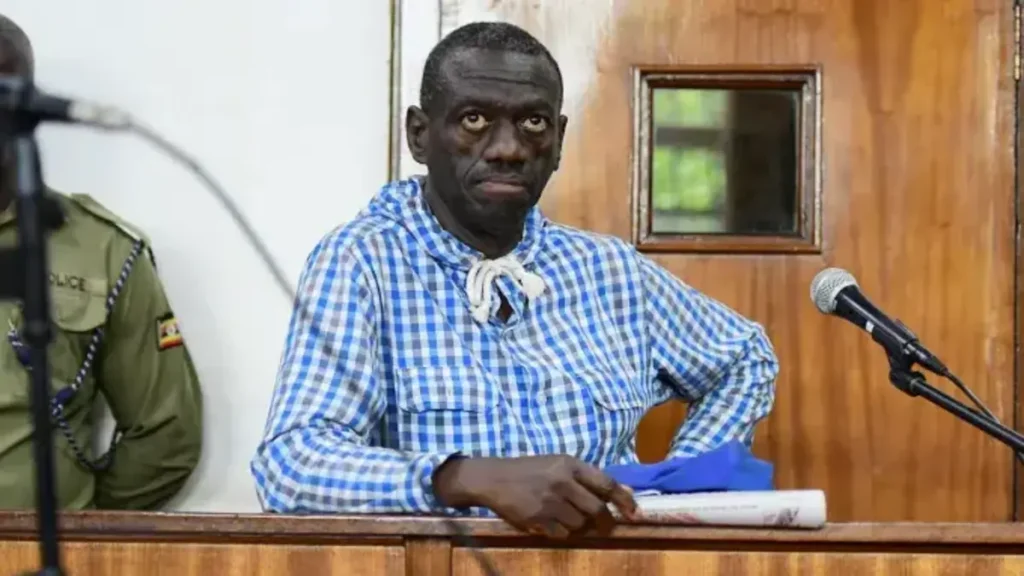In a significant turn of events, renowned Kenyan lawyer Martha Karua has obtained approval to represent Uganda’s opposition leader Kizza Besigye. The Uganda Law Council granted her a temporary practicing certificate on January 6, 2025.
Initially, the Council had rejected Karua’s application on December 6, 2024. However, after careful reconsideration, they reversed their decision, allowing her to appear in Uganda’s court martial.

The case involves Dr. Kizza Besigye and his associate, Obeid Lutale. Both face serious charges related to illegal possession of firearms following their alleged abduction in Nairobi.
The approval comes at a crucial time. The court-martial proceedings resumed on January 7, 2025, amid heightened tensions and public interest.
Nevertheless, the path to representation has not been smooth. Reports indicate drama unfolded at the Ugandan court when lawyers initially faced access restrictions.
Supporters of Besigye have shown their dissatisfaction with the legal proceedings. Furthermore, they staged protests when lawyers were denied entry to the court martial.
The temporary practicing certificate marks a significant milestone. It allows Karua, a respected figure in East African legal circles, to expand her practice across borders.
Moreover, this development highlights the growing integration of East African legal systems. It demonstrates how lawyers can now represent clients beyond their home countries.
The case has drawn considerable attention from regional media. Additionally, it has sparked discussions about legal representation rights in East Africa. rights organizations are closely monitoring the proceedings. Subsequently, they have expressed interest in ensuring fair trial standards are maintained.
The Uganda Law Council’s decision reflects changing attitudes. Furthermore, it shows increasing acceptance of cross-border legal representation in high-profile cases.
Legal experts view this as a positive development. They believe it could set a precedent for future international legal representation cases.
The court martial proceedings are expected to continue on the 13th of January when Besigye will be presented back to the same court to face the charges as stated.
Meanwhile, all eyes remain on how Karua will handle this significant case.
This case also highlights the challenges opposition leaders face in the region. Furthermore, it underscores the importance of access to legal representation of choice.
The development has received widespread coverage across East African media. Subsequently, it has sparked discussions about judicial independence and fair trial rights.
Regional legal bodies are watching the case with interest. They see it as a test case for cross-border legal practice in East Africa.
The approval of Karua’s certificate has broader implications. It could influence how similar requests are handled in the future across the region.
As the case proceeds, observers expect increased scrutiny of the legal proceedings. Moreover, they anticipate this case could set important precedents.
The involvement of a high-profile lawyer like Karua adds another dimension. It brings increased attention to the challenges facing opposition figures in Uganda.
This case continues to evolve as new developments unfold. Therefore, stakeholders remain vigilant about its potential impact on regional legal practices.